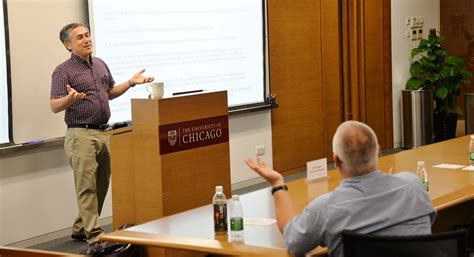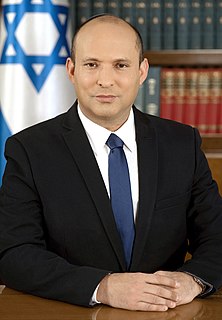A Quote by Morgan Ortagus
What would be most productive is for Chairman Kim and his staff and for President Trump and all his staff to continue upon the path that was laid out for us both in Vietnam and at the DMZ, and that is a diplomatic resolution and the end of North Korea's nuclear weapons.
Related Quotes
I believe President Trump is more reasonable than he is generally perceived. President Trump uses strong rhetoric toward North Korea, but during the election campaign, he also said he could talk over a burger with Kim Jong-un. I am for that kind of pragmatic approach to resolve the North Korean nuclear issue.
It seems Kim Jong Un firmly believes that developing nuclear missile capabilities will provide security and guarantee his regime. We must make it clear that it is not nuclear and missile programs that will protect Kim Jong Un and his regime. The goal of the international sanctions and pressure is to make it unbearable for Kim Jong Un if he does not accept this fact. On the other hand, we are continuously trying to send a message that giving up its nuclear program and coming to the negotiating table is the right path for North Korea to protect itself and achieve its development.
If Reince Priebus is, in fact, the chief of staff and operating as chief of staff, he is the most important staffer the president Donald Trump has. And it is not unusual for a president to set up some competing power centers, as Ronald Reagan did, but there`s nothing like being the chief of staff, which has so much say over what the president reads, who the president sees, who`s the last person the president talks to before he makes a decision.
China is ruthlessly pragmatic. It supports North Korea for its own selfish interests. And I believe that China no longer considers us an ally. The current president, Xi Jinping, cultivates close relations with South Korea. He has never met with me, the leader of North Korea, something that the leader of China has always done. At the grand celebrations in Beijing two years ago commemorating the 70th anniversary of the end of World War II, he placed the president of Russia and the president of South Korea at his side. In North Korea, we pay a lot of attention to ceremonies and what they signal.
North Korea and China have proposed what sounds like a pretty sensible option that North Korea should end its development of nuclear weapons, the US should stop carrying out hostile military maneuvers on the North Korean border. The US immediately rejected it. Modernization program is a very clear example of how security doesn't matter. There is no gain in security but massive overkill of the adversary's deterrent capacity. The only consequence of it is to elicit the likelihood of a preemptive attack. And a preemptive attack leads to a nuclear winter world.
Living with a nuclear North Korea could give its leaders the confidence to act more aggressively versus South Korea. It could also, over time, drive both South Korea and Japan, as well as countries farther afield such as Vietnam, to reconsider their non-nuclear postures. The stability of a critical region of the world would suddenly be in doubt.
The bottom line on nuclear weapons is that when the president gives the order, it must be followed. There's about four minutes between the order being given and the people responsible for launching nuclear weapons to do so. And that's why 10 people who have had that awesome responsibility have come out and, in an unprecedented way, said they would not trust Donald Trump with the nuclear codes or to have his finger on the nuclear button.
We won't take any of the talks seriously if they don't do something to ban all nuclear weapons in North Korea. We consider this to be a very reckless regime. We don't think we need a Band-Aid, and we don't think we need to smile and take a picture. We think that we need to have the, stop nuclear weapons, and they need to stop it now. So, North Korea can talk with anyone they want, but the US. is not going to recognize it or acknowledge it, until they agree to ban the nuclear weapons that they have.
Obviously, the US does not want a shooting war with North Korea. But there has to be some path out of this situation that is also presented that is peaceful. We have sanctions, we have deterrence, but the third leg of any resolution to this problem has to be dialogue. It seems prudent for the US to not only threaten North Korea, but to also offer a way forward.
Although Kim Jong Un is a very unreasonable leader and has a firm, unreasonable belief that nuclear and missile weapons will protect him and his regime, we will continue to employ all possible means - sanctions, pressure, as well as dialogue - to draw North Korea to the negotiating table for denuclearization. To resolve the issue, we have to add dialogue to the current menu of sanctions and pressure.
The North Korean regime remains one of the world's leading proliferator of missile technology, including transfers to Iran and Syria. The transfer of nuclear weapons or material by North Korea to states or non-state entities would be considered a grave threat to the United States, and we would hold North Korea fully accountable of the consequences of such action.

































